- Home›
- Healthy Living›
- 6 Health Benefits Of Ragi Grain During Pregnancy
6 Health Benefits Of Ragi Grain During Pregnancy
By: Kratika Fri, 29 Apr 2022 7:31:57
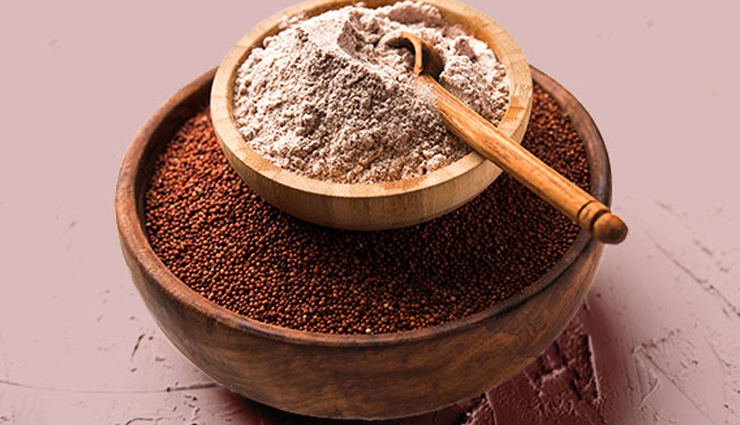
Ragi grain, also known as finger millet is a cereal crop widely grown in African and Asian countries. Nutrient-dense Ragi grain is a rich source of carbohydrates, protein, B vitamins, dietary fiber, and a host of minerals like iron, calcium, potassium, and sodium. Ragi grain is ground into flour and consumed in a variety of forms. The flour is boiled either with milk or plain water and eaten as porridge. It is also made into flatbreads, roti, adai, or dosa and eaten with a variety of curries and chutneys in Indian cuisine. This staple food of south-India is gluten-free and also helps with weight-loss and diabetes.
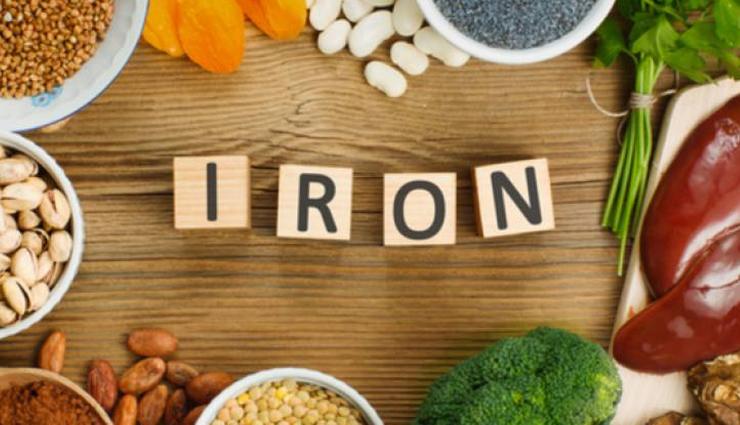
# Rich source of iron
Ragi grain is loaded with iron. Iron is a vital mineral required during pregnancy for both mother and the fetus. A lot of iron is required during pregnancy for the making of red blood cells. These red blood cells carry oxygen to all body parts of the mother and also the baby. Hence, iron requirements increase manifolds when you are expecting. It is for the same reason additional iron supplements are prescribed to a pregnant woman right from the second trimester.
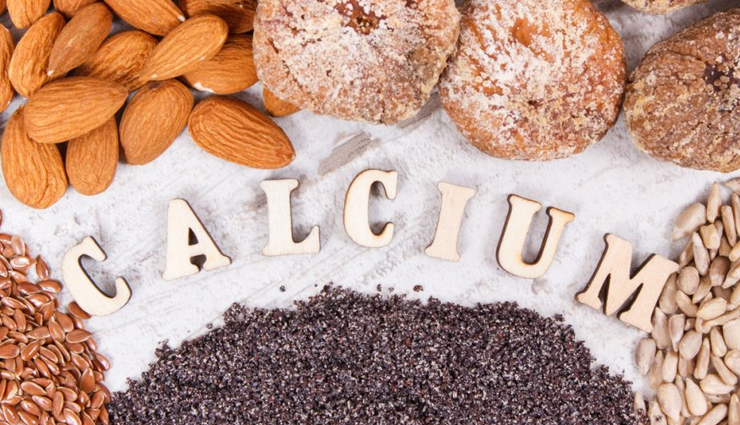
# Rich source of calcium
Ragi is also known to be rich in calcium. Calcium is very much essential for the formation of bones, teeth, and nails in the baby. The fetus draws its essential nutrients from the mother’s body. Therefore, it is highly essential to have sufficient amount of calcium in the expecting woman’s body. Adding ragi to a pregnant woman’s diet is thus highly recommended.
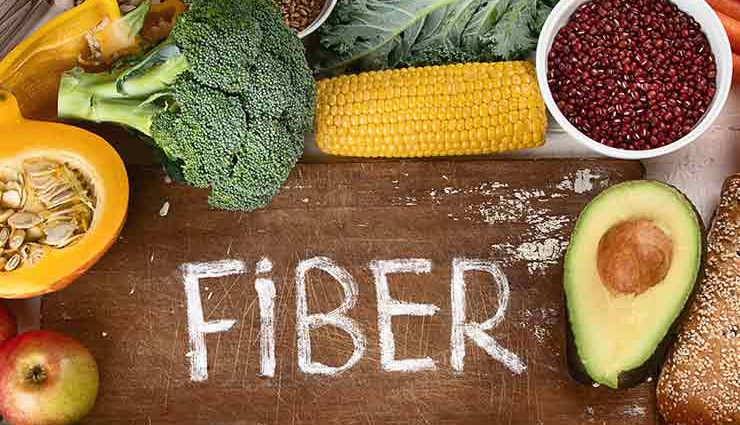
# Good source of fibre
Since ragi is an unprocessed whole grain its fiber content is really high. Pregnant women are prone to constipation due to hormonal changes. Hence adding ragi to the regular diet of a pregnant woman could be greatly beneficial.
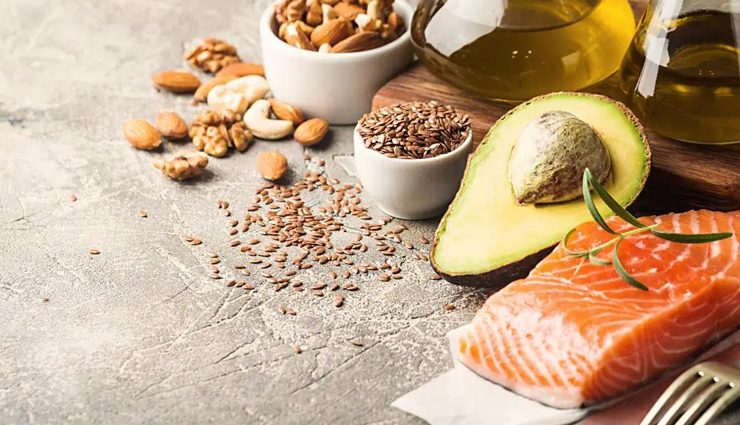
# Good source of natural fat
Eating fatty foods can lead to cholesterol, hypertension, and diabetes. However, ragi is a good source of natural fat. It reduces the risk of gaining excessive weight and also supports heart health.

# Aids lactation
As already mentioned ragi is a rich source of iron, calcium, and magnesium. Ragi improves hemoglobin levels in a lactating mother. Hence breastfeeding mothers should regularly consume green ragi to improve breast milk production with amino acids.

# Prevents gestational diabetes
Ragi grain has high dietary fibre and polyphenols. Taking ragi regularly in the diet causes a less glycemic response. This means consuming ragi does not increase sugar levels in the blood. Due to its high fibre content compared to other grains like wheat and rice, it prevents gestational diabetes in pregnant women.





